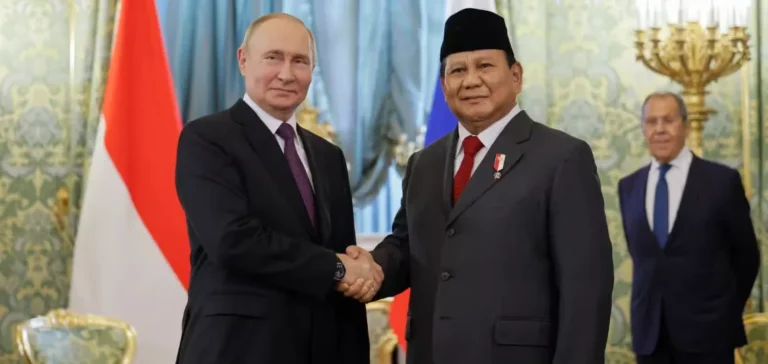Loading delays at Australian ports have significantly reshaped South Korea’s thermal coal import landscape, favouring Russia and Indonesia. In August, both countries accounted for nearly two-thirds of South Korea’s total imports, overtaking a historically dominant supplier.
Logistical pressure at Australian ports
Australia shipped 2.70 million tonnes of coal to South Korea in August, marking a 3.76% year-on-year decrease and a 26.76% drop compared with July. The decline was attributed to weather disruptions that affected ports in New South Wales in early August, compounding delays seen since May. These disruptions were first triggered by cyclone Alfred in late May, leading to reduced deliveries of 2.08 million tonnes in June.
Faced with these challenges, South Korean utilities increased purchases from Russia and Indonesia, which delivered 3.76 million tonnes and 3.74 million tonnes respectively in August, according to official customs data. Russian volumes rose by 54.6% and Indonesian volumes by 50.1% year on year.
Price advantage and supply reliability
Price differentials reinforced the shift. Russian coal was delivered at an average of $89.03/tonne in August, while Indonesian shipments were even lower at $68.95/tonne. In contrast, Australian coal was priced at $129.90/tonne for the same period. This pricing gap influenced procurement decisions, especially amid strong summer demand.
A Singapore-based trader stated that buyers in Northeast Asia were now turning to more reliable and cost-effective origins, as Australian deliveries became less predictable. The trend has been further driven by the shutdown of South Korea’s 950-megawatt Kori No. 4 nuclear reactor on August 6, increasing thermal coal demand.
Volume sustained despite Russian restrictions
Despite a Russian government directive asking state-owned power companies to limit spot market coal purchases, exports to South Korea remained high. In July, Russian thermal coal volumes exceeded Colombian deliveries for the first time in two months, as high freight costs and logistical issues disrupted Colombian supply.
Data also show that South Korea’s total coal imports reached 11.83 million tonnes in August, a 6.45% year-on-year increase, driven by power generation needs during a period of elevated temperatures across Northeast Asia.
The regional benchmark, Platts NEAT index for 5,750 kcal/kg NAR coal delivered to Kinuura port in Japan, averaged $92.93/tonne in August, down from $112.68/tonne a year earlier. The latest assessment on September 16 was $93.06/tonne.






















